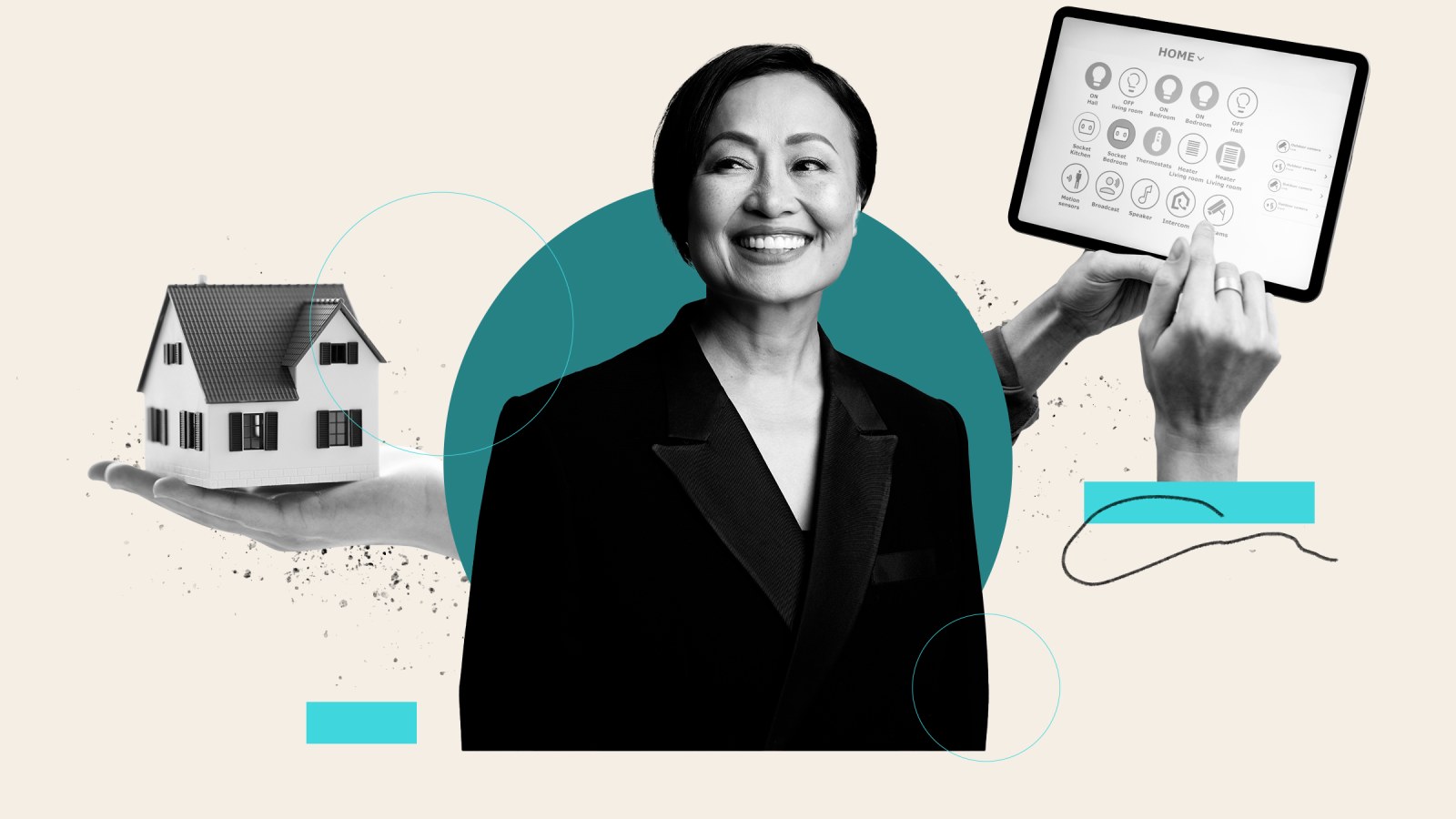By Aman Kidwai
Copyright newsweek

In 2006, Sheila Lirio Marcello started Care.com, eventually selling it to portfolio company IAC for $500 million in 2020. At the time of its sale, Care.com was the world’s largest marketplace for connecting caregivers with people seeking care, and remains so today, with more than 45 million users.
After the sale, Marcello worked as a venture capital advisor. In that role, she saw firsthand the capabilities of large-language models (LLMs), including the so-called agentic model. The agentic model can convey information or even complete simple tasks based on natural language (full sentence) prompts from the user.Agentic technology is at the core of Marcello’s current venture, Ohai.ai, an AI-powered household assistant for managing family tasks, to-do lists, calendars and messaging. Marcello said that she tried to create the AI assistant back in her Care.com days but the functionality did not exist then.In a recent interview, she told Newsweek, “Our vision [for Ohai.ai] is to be the operating system at the hub for families, where we integrate incredible technologies and solutions to make life super easy around coordination and logistics by building this household assistant.”In August, Ohai announced a strategic investment round led by Muse Capital and including among its backers and investors Wisdom Ventures, actresses Olivia Munn and Mindy Kaling, soccer star Abby Wambach, and co‐founders from Equinox and Primetime Partners. Participants in the company’s seed round include NEA, Eniac Ventures, Bright Ventures, LifeX Ventures and Amy Griffin of G9 Ventures.As an advocate for the value of household labor, Marcello points to this often-unmeasured part of the economy as “invisible”. She’s acting on the belief that building technology to support people doing household labor can unlock significant value.”We estimate that if we just freed up one hour of the 4.8 hours per day of unpaid labor that moms and women are responsible for, that’s a trillion dollars of GDP per year,” she explained. “That’s the size of two countries. It just felt like my calling was to do it again.”The COVID-19 pandemic shone a spotlight on the challenges that working parents face in balancing work and kids at home. The lockdown highlighted the need for employers and policymakers to provide better benefits and programs to support them. In 2024, then-U.S. Surgeon General Vivek Murthy underscored the problem, calling rising parental stress “an urgent public health issue.””Back in the workplace, supporting household work does help solve [problems with] productivity and attendance, if we free up the mental load for families,” Marcello said. “That means everything from drop-off, pickup, ensuring that there’s nutritious meals…making sure that I remember soccer cleats, or that it’s picture day or early pickup.”Reflecting on her experience raising funds for Care.com, Marcello said that many tech investors and inventors have historically overlooked the business opportunity of supporting household work because of two factors: their own distance from the problems of working parents and their desire to solve more profitable challenges, such as online advertising, health care and b2b solutions, she said.”It does impact overall society and economy to have a great care infrastructure,” Marcello said. “If [life at home] is not functioning well, then it’s hard for me to get to work. It’s hard for me to focus on work… If your loved ones aren’t cared for, it’s very hard to contribute to the economy, and your productivity is impacted.”It’s not just the productivity and health of the parents impacted by the strains of household work, but also children. Murthy highlighted that point in his 2024 statement as well. “We know that the well-being of parents and caregivers is directly linked to the well-being of their children,” he wrote. “The stresses parents and caregivers have today are being passed to children in direct and indirect ways, impacting families and communities across America.””If we’re not solving parental stress, that means it impacts the next generation and their overall well-being, and thus it impacts the economy and the workforce,” Marcello said. “Where Ohai comes in is reducing the mental load and solving the everyday problems to make things run smoothly but also allowing us to be more human.”In staffing her company, Marcello looks for potential employees who have lived experience in and proximity to the problems that Ohai.ai is addressing. That includes people with families but also college students, who are also using Ohai.ai to manage their hectic schedules, Marcello said.She added that as an experienced professional and a mother, “we have a unique responsibility and experience, proximate to the issues of what a family experiences. So we should use that and our leadership skills to not be fearful of being entrepreneurs and starting companies that actually solve the problems that we see.”Marcello notes that although companies can provide comprehensive help to working parents, ideologies and policies may need to change too. But when legislation lags behind, she said, employers can take the lead.”I’m a big believer of supporting parental leave for both men and women,” Marcello said. “We shouldn’t be one of the few countries in the world that don’t actually support a federal policy around parental leave, so I’m a big believer that having more companies lean in rather than wait for the legislation…because a healthier family means more productivity at work and a healthier economy.”



